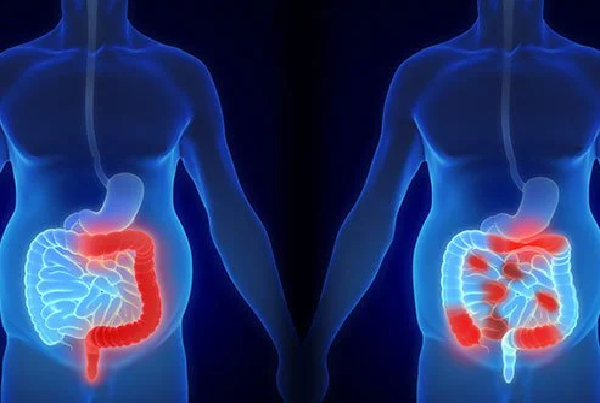
One of the primary approaches to managing IBS involves dietary changes. Identifying and avoiding trigger foods can make a substantial difference. Common triggers include high-FODMAP foods (such as certain fruits, vegetables, and dairy products), gluten, and caffeine. Working with a dietitian can help create a personalized diet plan that minimizes symptoms while ensuring nutritional adequacy. A low-FODMAP diet, in particular, has shown effectiveness in reducing IBS symptoms for many patients. For some individuals, dietary changes alone may not suffice, and medications might be necessary. Antispasmodics can help reduce abdominal pain and cramping, while laxatives or anti-diarrheal medications can manage constipation and diarrhea, respectively.
For More Details Please Contact Us At +918800280909
| Tags: | #IBS treatment In South Extension, # IBS treatment In Hauz Khas, # IBS treatment In Sarojini Nagar, # IBS treatment In Greater Kailash |